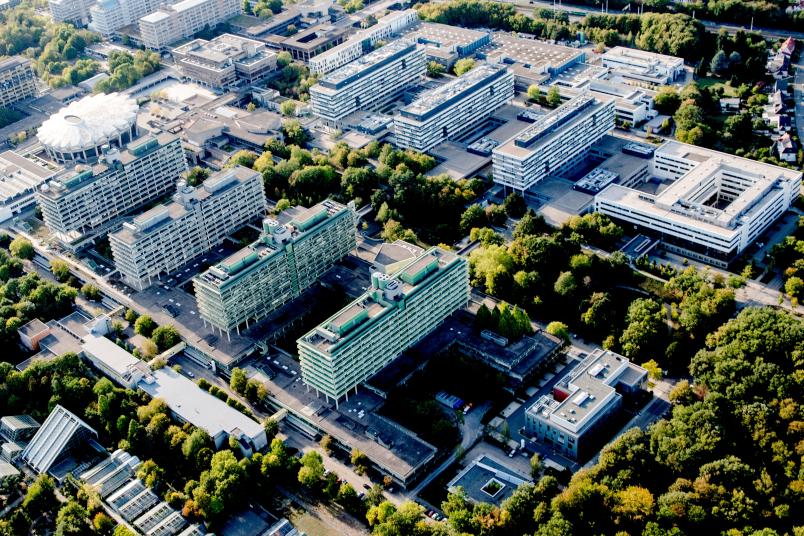
Multi-site research centers Change through science
Up to 75 million Euro were made available in the framework of the Ruhr Conference for a concept currently under evaluation.
The regional government of North Rhine-Westphalia wants to give structural change in the Ruhr region a further boost by allocating additional funds to science. In the framework of the Ruhr Conference last year, the suggestion put forward in an open ideas competition to establish multi-site research centers with international visibility within the University Alliance Ruhr (UA Ruhr) was able to assert itself. The regional government is now making up to 75 million Euro available for this purpose in the coming four years, as it publicly announced on 11 November. The concept for the further development of cutting-edge research in the region is at present still being reviewed by the German Council of Science and Humanities.
RUB, TU Dortmund University and the University of Duisburg-Essen have already been working together successfully within the UA Ruhr since 2007. The aim of the new research centers is to bundle the strengths of the three universities in order to consolidate their leading position in the international competition. A draft has been compiled for the project, and the concept is currently being evaluated by the German Council of Science and Humanities. This appraisal by a high-ranking commission will provide guidance in the coming months for the further design of the research centers. The result is expected in the coming spring.

Everyone involved is setting a fast pace.
Manfred Bayer
“We’re very pleased that the regional government is keeping its promise to strengthen the Ruhr region after the closure of the last coal mine here in 2018,” says Professor Axel Schölmerich, rector of RUB. “We’re grateful to the German Council of Science and Humanities for supporting us in the planning and organization of the new research centers through its current evaluation,” adds his colleague, Professor Ulrich Radtke from the University of Duisburg-Essen. Professor Manfred Bayer, rector of TU Dortmund University, stressed the project’s special dynamics: “Not even two years after the idea was born, we now already find ourselves in the evaluation phase. Everyone involved is setting a fast pace.”